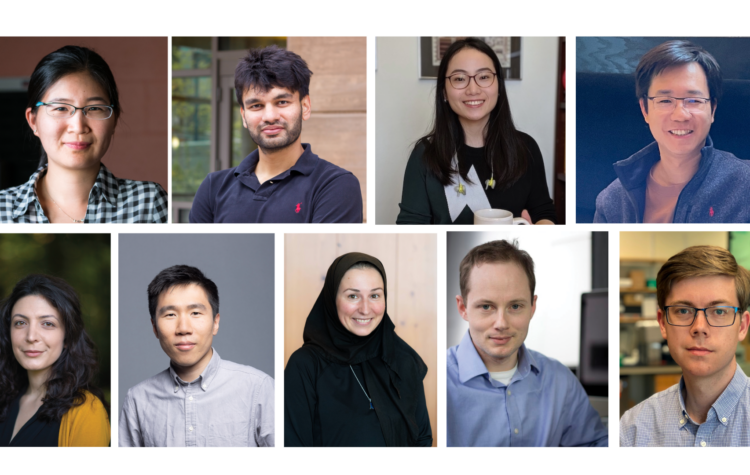
Department of EECS Announces 2024 Promotions
The Department of Electrical Engineering and Computer Science (EECS) is proud to announce multiple promotions.
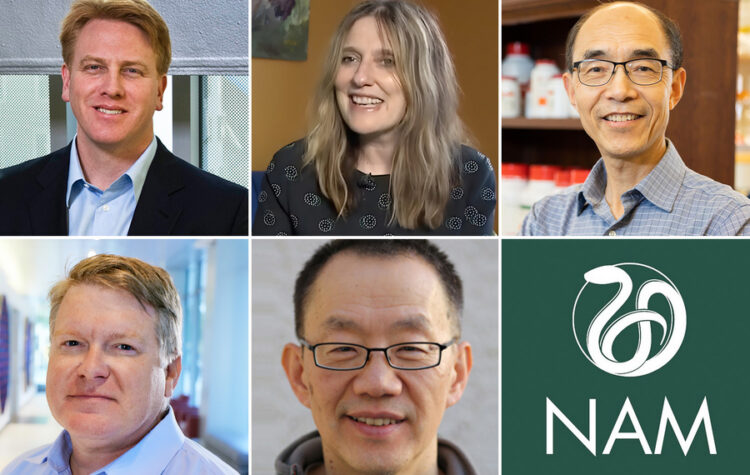
Five MIT faculty, along with seven additional affiliates, are honored for outstanding contributions to medical research.
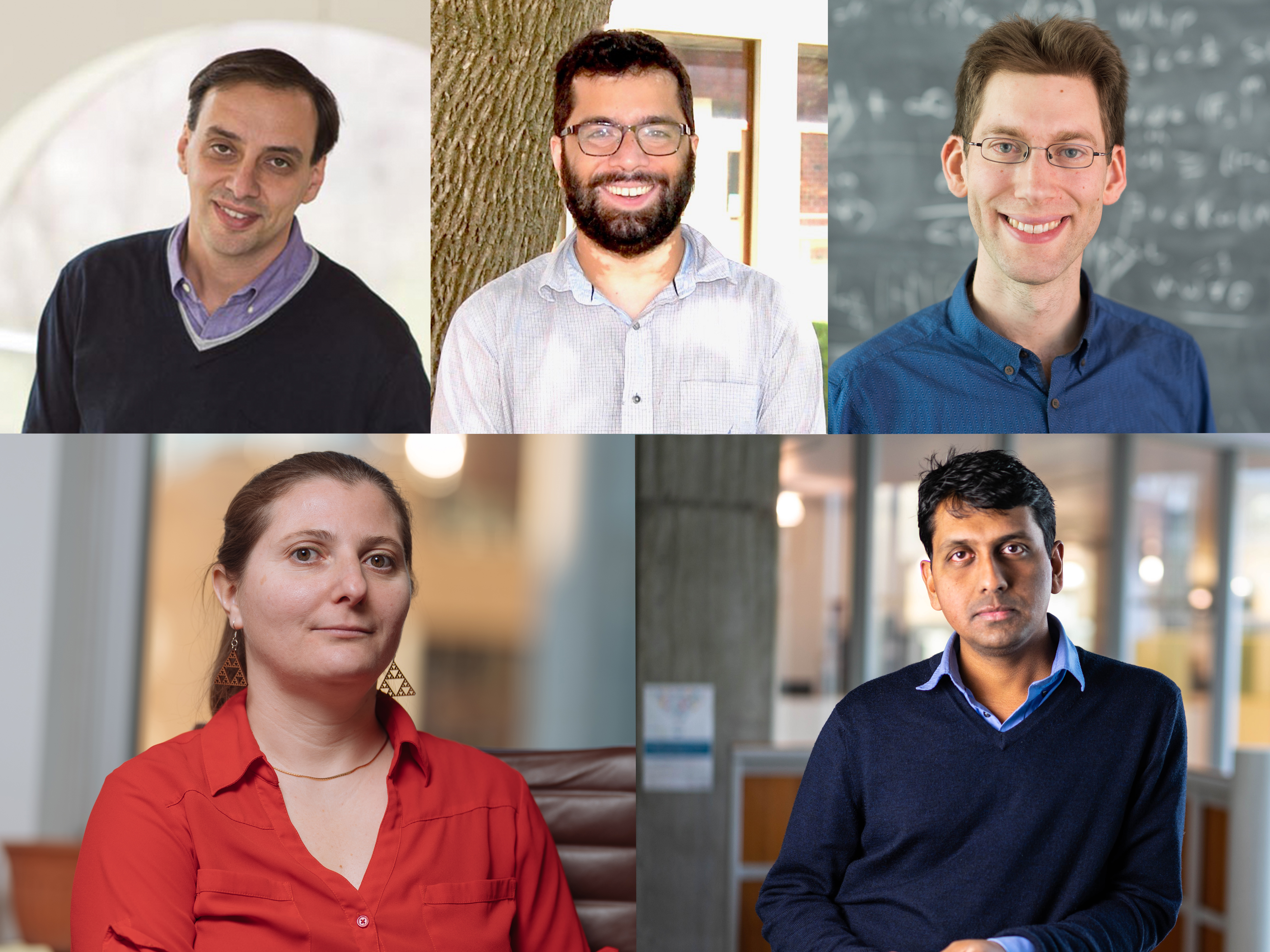
Five MIT faculty members named 2023 Simons Investigators
The Simons Investigator program supports “outstanding theoretical scientists who receive a stable base of research support from the foundation, enabling them to undertake the long-term study of fundamental questions.”
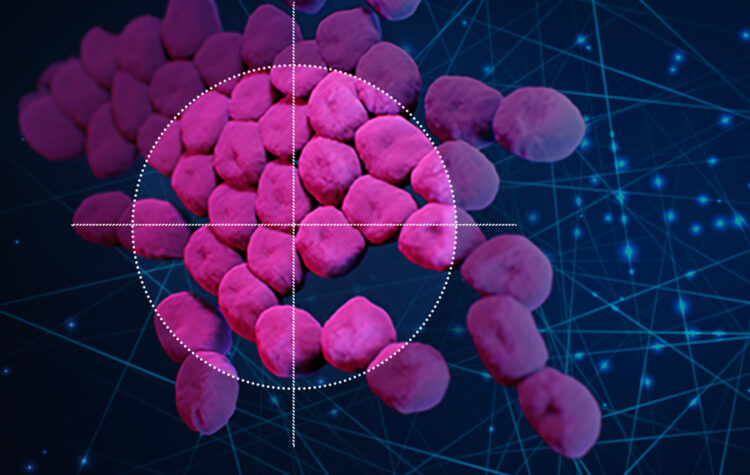
The machine-learning algorithm identified a compound that kills Acinetobacter baumannii, a bacterium that lurks in many hospital settings.
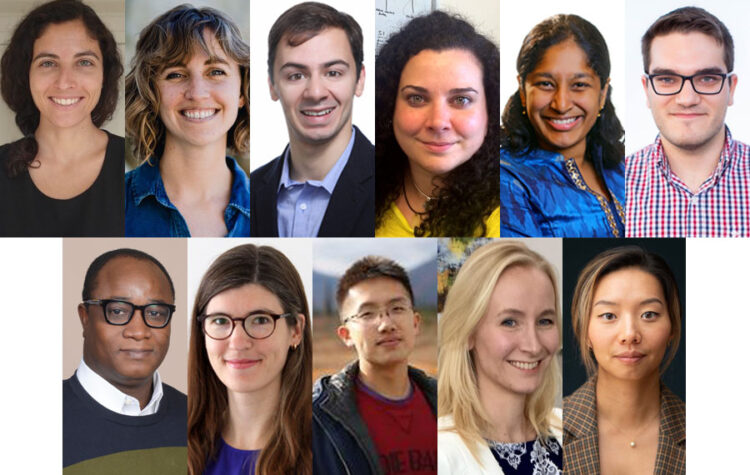
School of Engineering welcomes new faculty
Eleven new faculty members join six of the school’s academic departments and institutes.
Louis Braida, hearing aid innovator and mentor, dies at 79
Louis Braida, the Henry Ellis Warren (1894) Professor (Emeritus) in the Department of Electrical Engineering and Computer Science (EECS), died Sept. 2nd. He was 79. Braida was a…
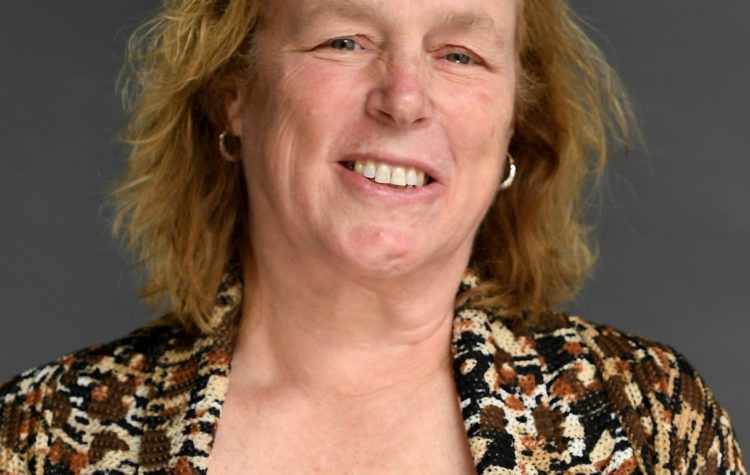
Martha Gray, PhD, professor of Electrical Engineering and Computer Science (EECS), has been appointed as the Whitaker Professor in Biomedical Engineering, effective July 1. Martha is also a…
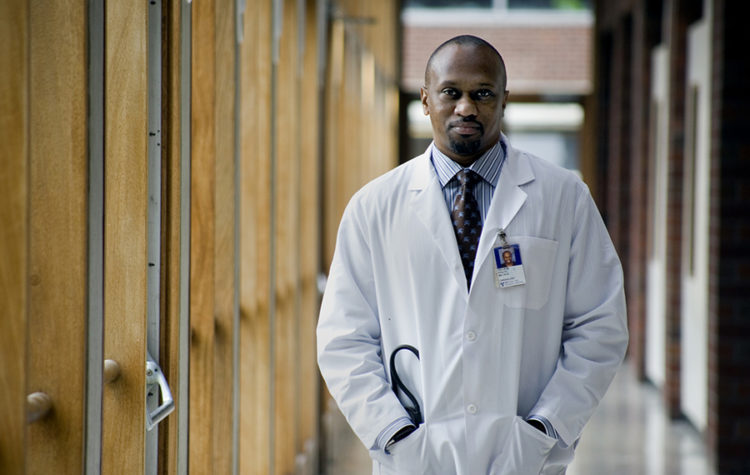
Collin Stultz named co-director and MIT lead of the Harvard-MIT Program in Health Sciences and Technology
MIT professor will leverage his research into machine learning and computer science, as well as his role as a practicing cardiologist, toward educating clinician-scientists and engineers.
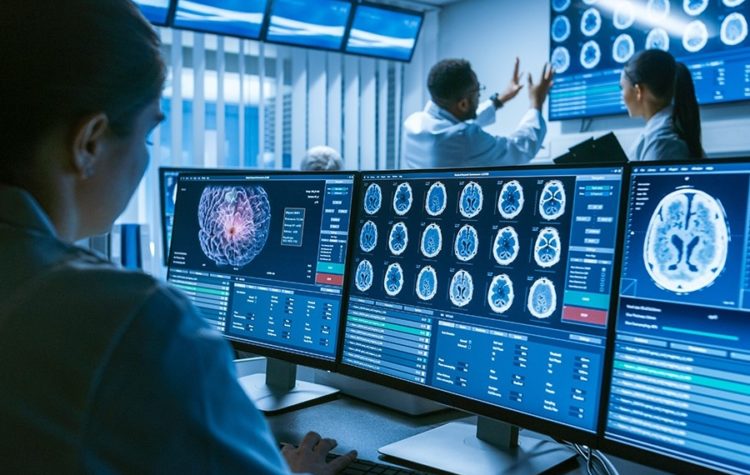
Study shows AI can identify self-reported race from medical images that contain no indications of race detectable by human experts.

A new methodology simulates counterfactual, time-varying, and dynamic treatment strategies, allowing doctors to choose the best course of action.